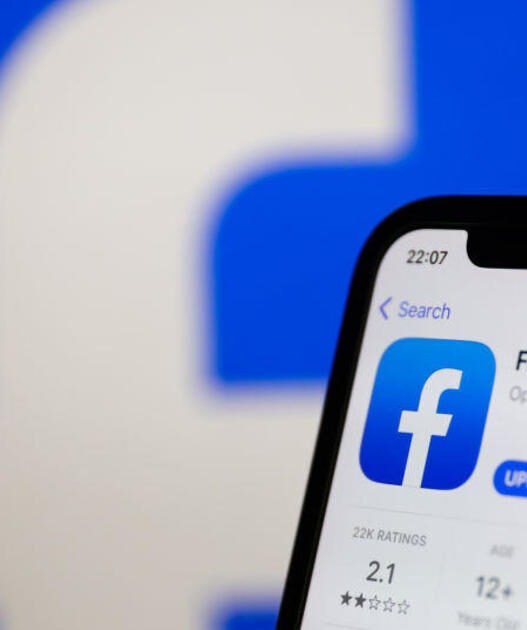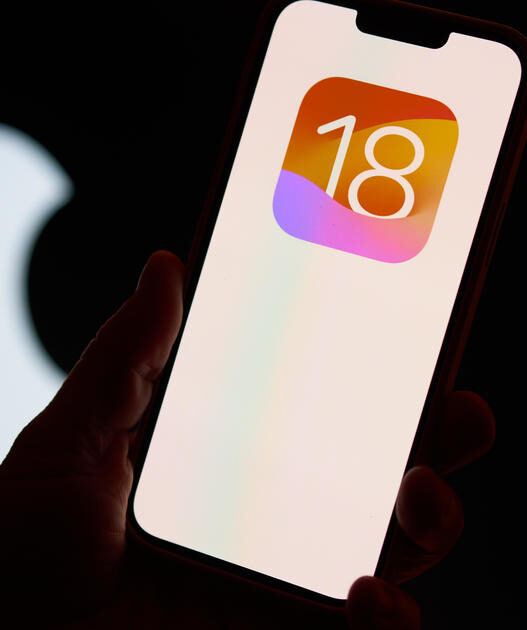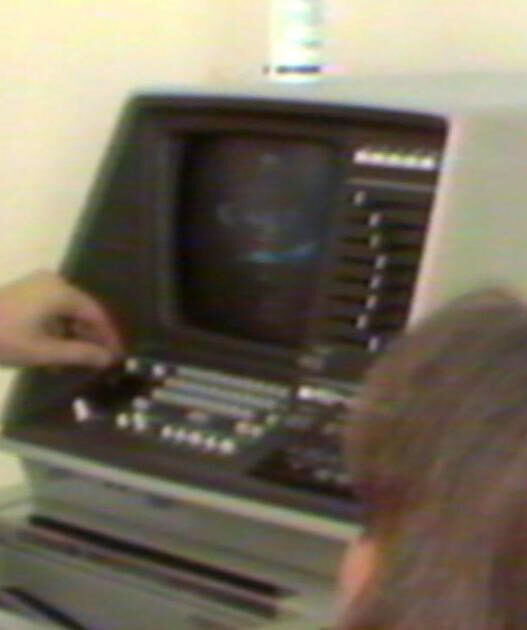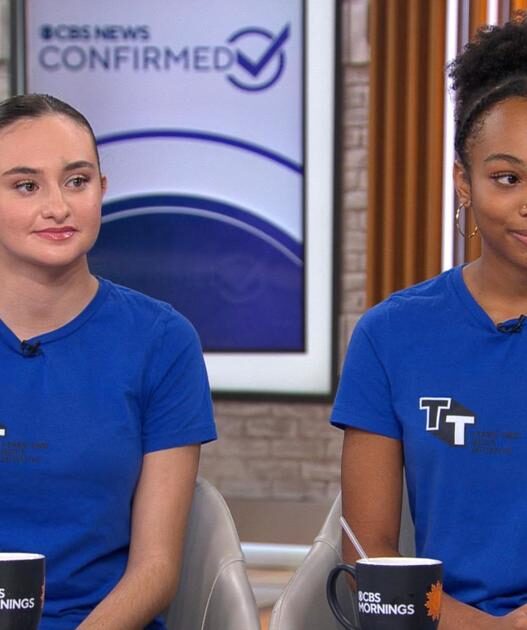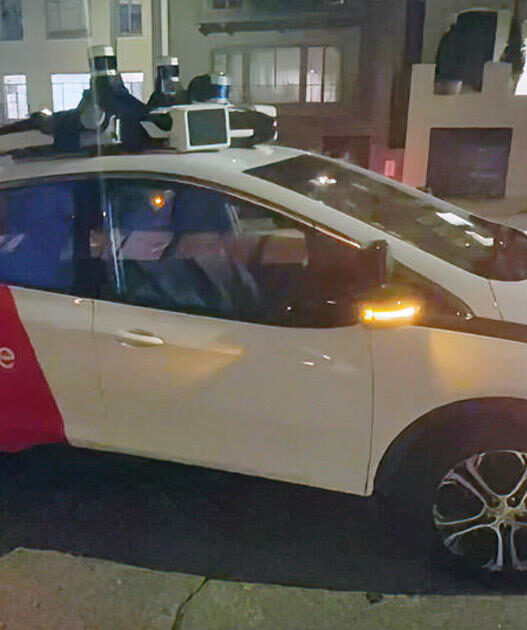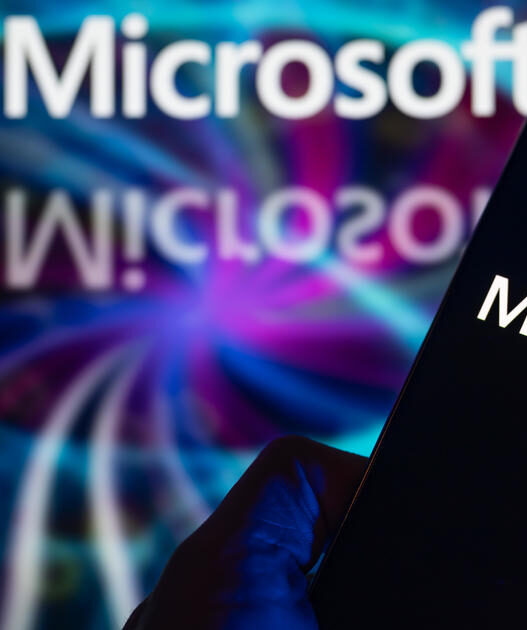With tech updates pouring in throughout the week, keeping up with everything can feel overwhelming.To keep the readers updated, we have compiled the Weekly Tech Recap, where we break down the top five tech stories you need to know.
From India’s push to develop a homegrown LLM to major tech companies lining up to buy Chrome, here’s a look at this week’s biggest tech stories.
Top tech news of the week:
1) Buyers line up for Google Chrome:
At the remedy hearing in the US government’s historic antitrust case against Google, many of the company’s competitors made clear their intentions to buy the Chrome browser.
Notably, in the same case last year, Judge Amit Mehta found Google to be an illegal monopoly in the search market. The DOJ now wants Google to sell its Chrome browser, share some of the data it collects to generate search results and ban the company from paying to be the default search engine on different devices.
The list of companies lining up to buy Chrome includes ChatGPT maker OpenAI, Perplexity AI and even Yahoo. While Perplexity and ChatGPT are likely to use Chrome to extend the reach of their AI offerings, Yahoo wants to get its search engine in the hands of more users.
2) OnePlus 13T deubts in China amid rising demand for compact phones:
OnePlus has launched its latest compact phone in China, the OnePlus 13T, with a smaller 6.32-inch AMOLED LTPO display compared to the 6.82-inch panel on the flagship OnePlus 13. The smaller form factor also results in a weight loss to around 185 grams, despite a thickness of 8.15mm.
Meanwhile, leaks suggest that the Chinese smartphone maker is planning to launch the new ‘mini’ phone with ‘OnePlus 13s’ branding in India.
Ahead of the launch of the upcoming device, OnePlus has also commissioned a survey from Counterpoint Research, which shows a definite demand for compact phones in India. According to the survey, 68% of users said there is a lack of good compact phone alternatives in the market, while 88% said they would buy a compact phone if it performed as well as a larger flagship.
3) MeitY picks Sarvam AI to lead India’s sovereign LLM effort:
Ministry of Electronics and Information Technology (MeitY), led by Ashwini Vaishnaw, has selected Sarvam AI to build India’s first sovereign large language model (LLM) under the IndiaAI Mission. According to the homegrown AI startup, the new foundation model will be capable of reasoning, designed for speech, fluent in Indian languages and will be deployed on a large scale.
Saravam AI will receive 4086 H100 GPUs for 6 months to build an indigenous model from scratch, the Bengaluru-based startup told Mint.
“We are confident that Sarvam’s models will be competitive with global models,” IT minister Vaishnaw said on Saturday.
4) Google is bringing Gemini to smartwatches and tablets:
Over the past few years, Google – much like most of Silicon Valley – has shown a single-minded focus on developing new AI models and implementing them more closely with its existing offerings. The tech giant has already added Gemini to most of its suite of apps, such as Gmail and Google Photos, and has announced plans to replace Google Assistant with an AI voice assistant by the end of this year.
While some reports had suggested that Google was planning to bring Gemini to smartwatches, Alphabet CEO Sundar Pichai confirmed these speculations during the company’s Q1 earnings call, saying, “We’re upgrading Google Assistant on mobile devices to Gemini, and later this year we’ll upgrade tablets, cars and devices that connect to your phone, such as headphones and watches.”
5) DeepMind CEO predicts AI could cure all disease soon:
Google DeepMind co-founder and CEO Demis Hassabis has predicted that the new AI models could not only help cure diseases, but might even lead to the end of all diseases. Hassabis’s statement soon received an unexpected show of support from rival and Perplexity AI CEO Aravind Srinivas, who called him a “genius”.
Speaking during the CBS’ 60 Minutes interview on Sunday, April 20, Hassabis said, “So on average, it takes, you know, ten years and billions of dollars to design just one drug. We can maybe reduce that down from years to maybe months or maybe even weeks. Which sounds incredible today, but that’s also what people used to think about protein structures. And it would revolutionise human health, and I think one day maybe we can cure all diseases with the help of AI.”







